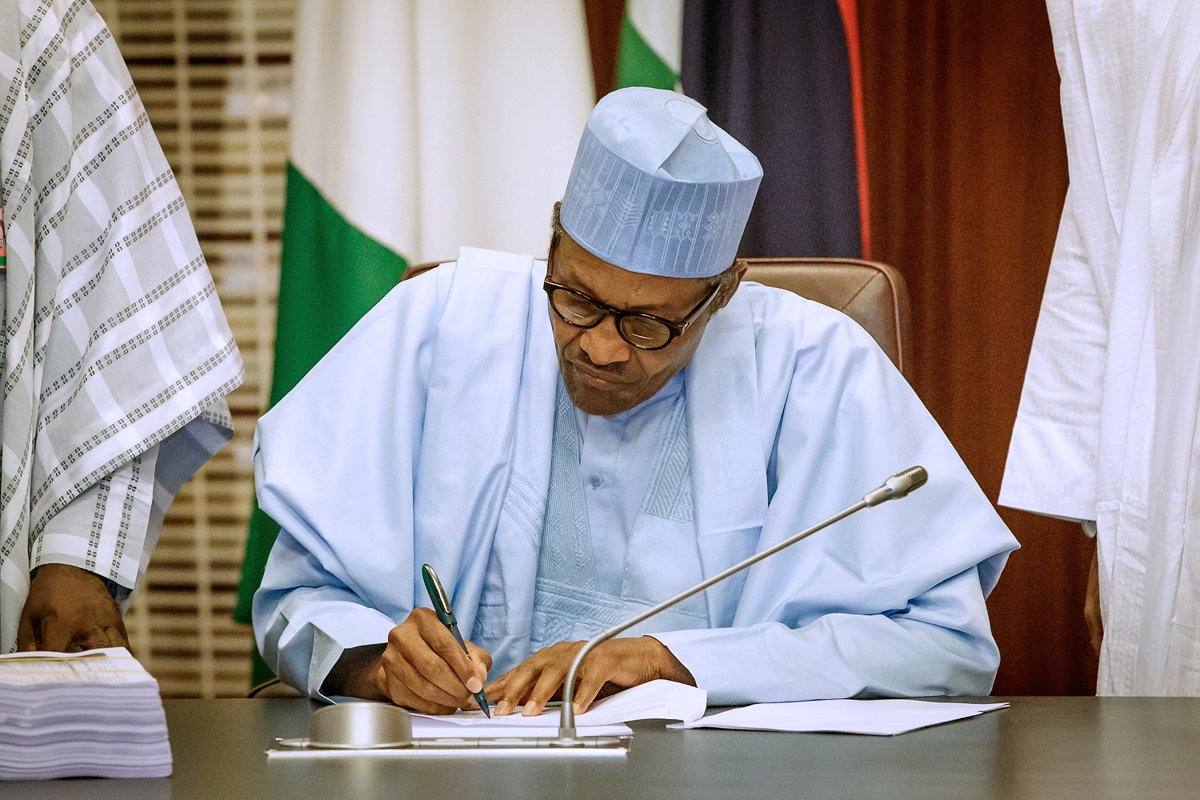
No fewer than 25, 794 Nigerians may have died in violent crises in the first four years of President Muhammadu Buhari.
The figure was released by the Nigeria Security Tracker, a project of the Council on Foreign Relations, a nonprofit think tank specialising in United States foreign policy and international affairs.
The number represents those killed by different insurgent groups and Boko Haram in the North, herdsmen, and people who died in extrajudicial activities of the military.
From June 2015 to May 2019, our correspondent observed that Borno suffered the highest casualties, recording 9,303 deaths. The state was followed by Zamfara (1,963) and Adamawa (1,529).
Others captured in the map are Kaduna (1,488), Plateau (771), Taraba (649), Benue (1,642), Niger (252) Rivers (730), Cross River (467), Ogun (301), among others.
Graphical illustration revealed that the highest casualties were recorded in July 2015 (1,299) and January 2019 (1,077).
Within the four years timeline, Boko Haram was responsible for 5,598 deaths, while sectarian violence, including the herdsmen-farmers crisis led to 4,917 deaths.
State actors alone, including the military, were said to have killed 4,068 people.
During the tenure of former President Goodluck Jonathan (June 2011 to May 2015), a total of 34,884 people were reportedly killed across the country.
The highest record of casualties was in March 2014, when 3,456 Nigerians were killed.
Boko Haram and the military were together responsible for 12,765 deaths.
The Council on Foreign Relations, while explaining the methodology behind the data, said it relied on media reports.
The report said, “The Nigeria Security Tracker tracks violence that is both causal and symptomatic of Nigeria’s political instability and citizen alienation. The data are based on weekly surveys of Nigerian and international media.
“The data start with May 29, 2011, the date of Goodluck Jonathan’s inauguration as president. It was an event that highlighted the increasing bifurcation of the country on regional and religious lines. The NST is updated weekly.
“Relying on press reports of violence presents methodological limitations. There is a dearth of accurate reporting across certain regions, death tolls are imprecise, and accounts of incidents vary. There is the potential for political manipulation of media. Given these limitations, the NST makes every effort to collect information from multiple sources. Nevertheless, NST statistics should be viewed as indicative rather than definitive.”
The Presidency did not react when contacted.
Calls made to Presidential spokesmen, Mr Femi Adesina, and Mr Garba Shehu, were not returned.
Text messages forwarded to them were also not responded to as of 9.03pm .
■ PUNCH.
Rice, a staple for Christmas celebrations in Nigeria, has become a luxury this year. Soaring…
Panic erupted on Saturday at a concert in Lagos when the stage collapsed during Odumodublvck’s…
The Federal Government of Nigeria has allocated ₦6,364,181,224 billion for the refurbishment and rehabilitation of…
The black market dollar to naira exchange rate for today, 22nd December 2024, can be…
The Nigerian National Petroleum Company Limited (NNPCL) has refuted claims that the 60,000 barrels per…
Manchester City finds itself in unprecedented turmoil, with relegation-level form showing little sign of improvement.…